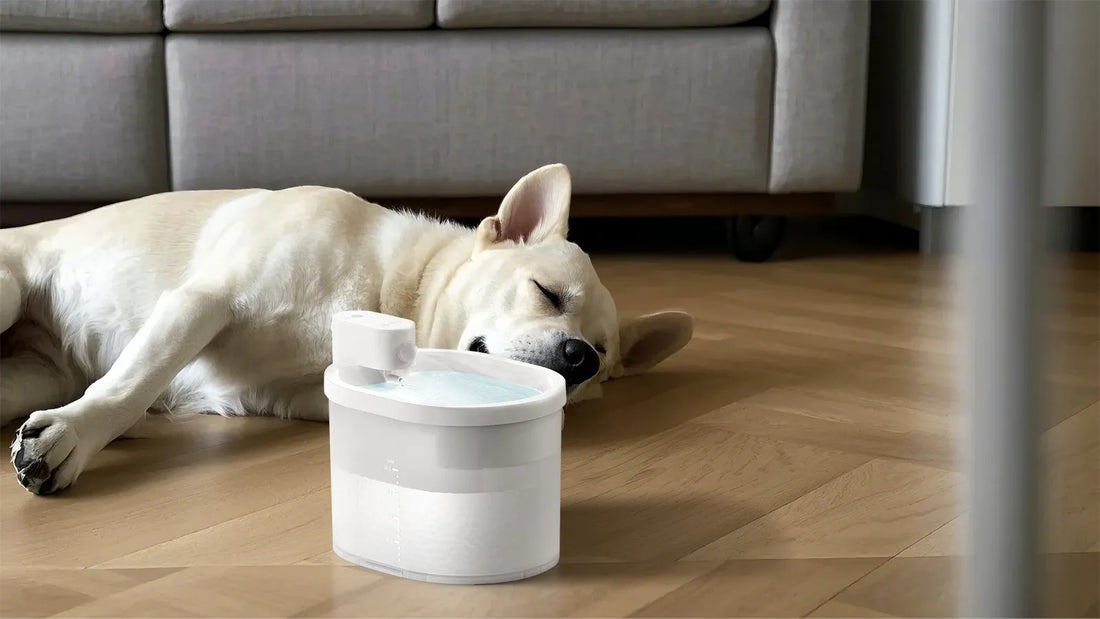Water is a fundamental necessity for all living beings, and cats are no exception. Understanding how many days a cat can go without water is crucial for every pet owner. While cats are known for their independence and resilience, their survival without water is limited, and dehydration can lead to severe health complications.
The Importance of Water for Cats
Water plays a vital role in maintaining a cat's overall health. It aids in digestion, regulates body temperature, and supports kidney function. Cats, like humans, are composed of a significant percentage of water, and even a slight imbalance can disrupt their bodily functions. Unlike dogs, cats have a lower thirst drive, which makes it even more essential to ensure they are adequately hydrated.
How Long Can a Cat Survive Without Water?
On average, a cat can survive for about three to four days without water. However, this timeframe can vary depending on factors such as age, health, and environmental conditions. Kittens, senior cats, and those with pre-existing health conditions may experience dehydration more quickly. It's important to note that while a cat might survive without water for a few days, the lack of hydration can cause irreversible damage to their organs, particularly the kidneys.
Signs of Dehydration in Cats
Recognizing the signs of dehydration in cats is essential for timely intervention. Common symptoms include lethargy, dry gums, sunken eyes, and loss of skin elasticity. If you notice any of these signs, it's crucial to provide your cat with water immediately and consult a veterinarian if the condition persists. Dehydration can escalate rapidly, leading to more severe health issues if left untreated.
Preventing Dehydration in Cats
Ensuring your cat has constant access to fresh water is the best way to prevent dehydration. Some cats prefer running water, so investing in a water fountain designed for pets can encourage them to drink more. Additionally, incorporating wet food into their diet can help increase their water intake. Regularly cleaning their water bowl and providing multiple water sources around the house can also promote hydration.
What to Do If Your Cat Refuses to Drink Water
If your cat refuses to drink water, it's essential to identify the underlying cause. Stress, illness, or a dirty water bowl can deter them from drinking. Try offering water in different containers or locations to see if it makes a difference. If your cat continues to avoid water, seek veterinary advice to rule out any medical conditions. In some cases, a veterinarian may recommend administering fluids subcutaneously to ensure your cat remains hydrated.
The Role of Diet in Hydration
A cat's diet plays a significant role in their hydration levels. Dry food contains minimal moisture, so cats that primarily consume dry kibble may require more water to stay hydrated. On the other hand, wet food has a higher water content, which can contribute to their daily fluid intake. Balancing your cat's diet with a mix of wet and dry food can help maintain their hydration levels.
Environmental Factors Affecting Hydration
Environmental factors such as temperature and humidity can impact a cat's water needs. During hot weather or in dry climates, cats may require more water to stay hydrated. Providing a cool and comfortable environment, along with ample water sources, can help prevent dehydration. Additionally, monitoring your cat's water intake during seasonal changes is essential to ensure they remain healthy.
Hydration Tips for Cat Owners
As a responsible cat owner, there are several steps you can take to ensure your cat stays hydrated. Regularly check their water bowl to ensure it's clean and filled with fresh water. Observe their drinking habits and look for any changes that might indicate a problem. Encouraging play and exercise can also stimulate their thirst, prompting them to drink more water. By being proactive, you can help your cat maintain optimal hydration levels.
Understanding how many days a cat can go without water is just the beginning. By prioritizing your cat's hydration needs, you can ensure they lead a healthy and happy life. Remember, a well-hydrated cat is a thriving cat, and your efforts can make all the difference in their well-being.

![[🎃Halloween Sale]UAHPET Stainless Steel Self-Cleaning Cat Litter Box](http://www.uahpet.com/cdn/shop/files/1-cat-litter-box.jpg?v=1761890851&width=1600)












